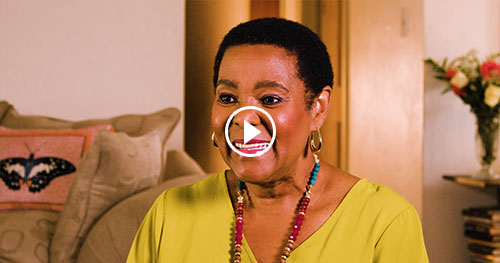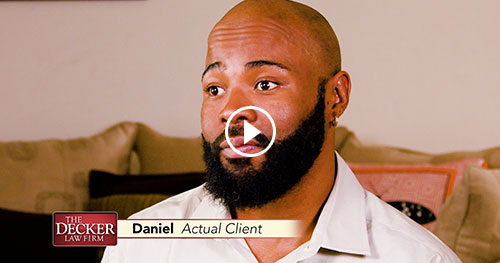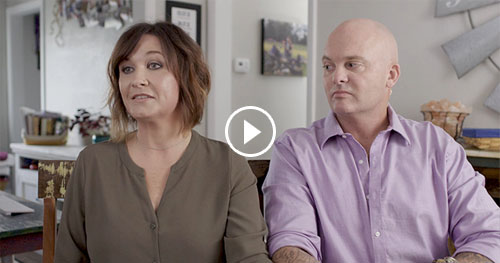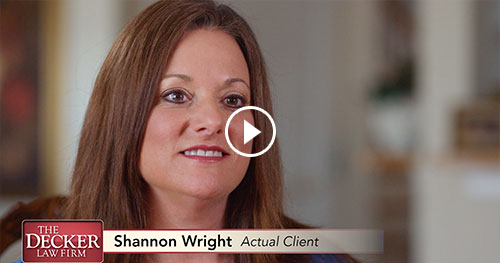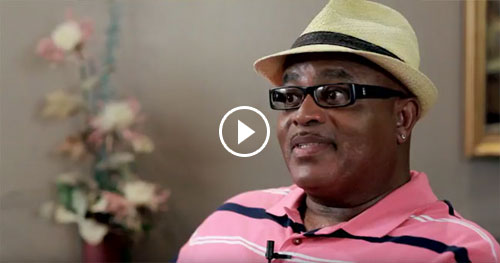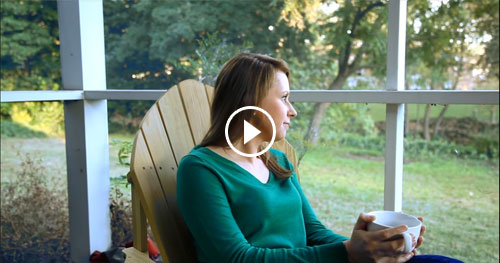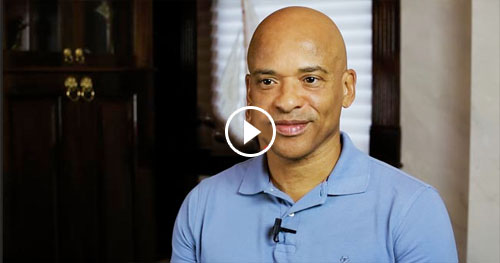How Does the Personal Injury Settlement Process Work in Hampton Roads?
Personal injury accidents are unfortunately common throughout the Hampton Roads region, including Norfolk, Virginia Beach, Chesapeake, and Portsmouth. According to recent Virginia Department of Motor Vehicles data, thousands of personal injury cases occur annually across our area, ranging from rear-end collisions on Interstate 64 to pedestrian accidents in downtown Norfolk.
If you’ve been injured in an accident in Norfolk or anywhere in Hampton Roads, understanding the personal injury settlement process is crucial to securing fair compensation. Our experienced Norfolk personal injury attorneys at The Decker Law Firm guide clients through every step of this complex process.
Understanding Personal Injury Settlements in Virginia
Most personal injury cases in Virginia are resolved through out-of-court settlements rather than going to trial. A settlement is a negotiated agreement between you (the plaintiff) and the at-fault party or their insurance company. Once you accept a settlement, you waive your right to pursue additional compensation for that specific incident.
The settlement process typically begins when your Norfolk personal injury lawyer sends a demand letter to the defendant or their insurance company. This letter outlines your injuries, medical expenses, lost wages, and demands compensation. The initial demand is strategically set higher than expected to allow room for negotiation.
Key Steps in the Virginia Personal Injury Settlement Process
1. Initial Case Evaluation and Evidence Gathering Your attorney will collect crucial evidence including:
- Police reports from Norfolk Police Department or Virginia State Police
- Medical records from local hospitals like Sentara Norfolk General or EVMS Medical Center
- Photographs of the accident scene and your injuries
- Witness statements
- Expert testimony when needed
2. Demand Letter and Initial Negotiations After gathering evidence, your lawyer sends a comprehensive demand letter outlining your case and requesting compensation. Insurance companies typically respond with a counteroffer, beginning the negotiation process.
3. Discovery Process (If Lawsuit is Filed) If negotiations stall, your attorney may file a lawsuit in Norfolk Circuit Court or the appropriate Virginia jurisdiction. The discovery phase includes:
- Interrogatories: Written questions exchanged between parties under oath
- Document Production: Requests for medical records, insurance policies, and other relevant documents
- Depositions: Sworn testimony taken outside of court with both attorneys present
- Requests for Admission: Statements that must be admitted, denied, or objected to
4. Mediation and Final Negotiations Many Virginia courts require mediation before trial. This process involves a neutral third party helping both sides reach a mutually acceptable settlement.
Factors That Influence Personal Injury Settlements in Norfolk
Several factors determine the value of your personal injury settlement in Virginia:
Severity of Injuries and Medical Treatment
The extent of your injuries significantly impacts settlement value. Cases requiring treatment at major Hampton Roads medical facilities like Sentara Healthcare or Riverside Health System typically command higher settlements due to extensive medical documentation.
Liability and Fault Determination
Virginia follows a contributory negligence rule, meaning if you’re found even partially at fault, you may be barred from recovery. This makes establishing clear liability crucial in Norfolk personal injury cases.
Insurance Policy Limits
The at-fault party’s insurance coverage limits affect maximum settlement amounts. Virginia requires minimum liability coverage of $30,000 per person and $60,000 per accident, though many drivers carry higher limits.
Economic and Non-Economic Damages
Your settlement should account for:
- Past and future medical expenses
- Lost wages and diminished earning capacity
- Pain and suffering
- Emotional distress
- Loss of enjoyment of life
Notable Personal Injury Settlements by The Decker Law Firm
Our Norfolk-based legal team has secured significant settlements for Hampton Roads residents:
- $5,600,000 – Tree surgeon electrocuted in workplace accident
- $2,900,000 – Intersection collision in Norfolk area
- $1,900,000 – Motorcycle accident involving downed power lines
- $1,750,000 – Nursing home medical malpractice case
- $1,500,000 – Construction site accident causing icy road conditions
- $1,500,000 – Pedestrian accident on Norfolk service road
- $1,150,000 – Drowsy driving accident settlement
- $1,000,000 – Multiple tractor-trailer accident cases
- $985,000 – Complex intersection accident involving motorcycle
- $900,000 – Downtown Norfolk Granby Street accident
Timeline for Personal Injury Settlements in Virginia
The settlement process duration varies based on case complexity and severity of injuries. Typical timelines include:
Immediate Actions (First 30 Days)
- Seek medical treatment
- Consult with a Norfolk personal injury attorney
- Begin evidence preservation
- Notify insurance companies
Investigation and Treatment Phase (2-12 Months)
- Complete medical treatment when possible
- Gather all evidence and documentation
- Calculate damages
- Send demand letter
Negotiation Phase (1-6 Months)
- Exchange settlement offers
- Participate in mediation if required
- Finalize settlement terms
Remember, Virginia’s statute of limitations for personal injury cases is generally two years from the accident date, making prompt action essential.
Why Choose The Decker Law Firm for Your Norfolk Personal Injury Case?
Local Hampton Roads Experience
With over 50 years of combined legal experience in Norfolk and throughout Hampton Roads, our attorneys understand Virginia personal injury law and local court procedures. We’ve successfully handled cases in Norfolk Circuit Court, Virginia Beach Circuit Court, and throughout the region.
Proven Track Record
Our settlements and verdicts speak for themselves. We’ve recovered millions for clients throughout the Norfolk metro area, from downtown Norfolk to the Outer Banks.
No Upfront Fees
We work on a contingency fee basis, meaning you pay attorney fees only if we win your case. Our standard contingency fee is 33.3% of your settlement or verdict, whether resolved through negotiation or trial.
Comprehensive Case Management
From initial consultation through settlement or trial, we handle every aspect of your case while keeping you informed throughout the process.
Types of Personal Injury Cases We Handle in Norfolk
Our Norfolk personal injury lawyers represent clients in various accident types:
- Motor Vehicle Accidents: Car, truck, and motorcycle accidents on I-64, I-264, and local Norfolk roads
- Pedestrian and Bicycle Accidents: Incidents in downtown Norfolk, Virginia Beach, and surrounding areas
- Slip and Fall Cases: Premises liability accidents at local businesses and properties
- Medical Malpractice: Cases involving Norfolk-area hospitals and healthcare providers
- Product Liability: Defective product injuries
- Workplace Injuries: Construction accidents and other work-related injuries
Contact Our Norfolk Personal Injury Lawyers Today
If you’ve been injured in an accident in Norfolk, Virginia Beach, Chesapeake, or anywhere in Hampton Roads, don’t navigate the settlement process alone. The experienced personal injury attorneys at The Decker Law Firm are ready to fight for the compensation you deserve.
Call us at 757-622-3317 for a free consultation, or complete our online contact form. We serve clients throughout Hampton Roads and are conveniently located in downtown Norfolk at 109 East Main Street, Suite 200.
Don’t let insurance companies take advantage of you. Contact The Decker Law Firm today to protect your rights and maximize your personal injury settlement.


